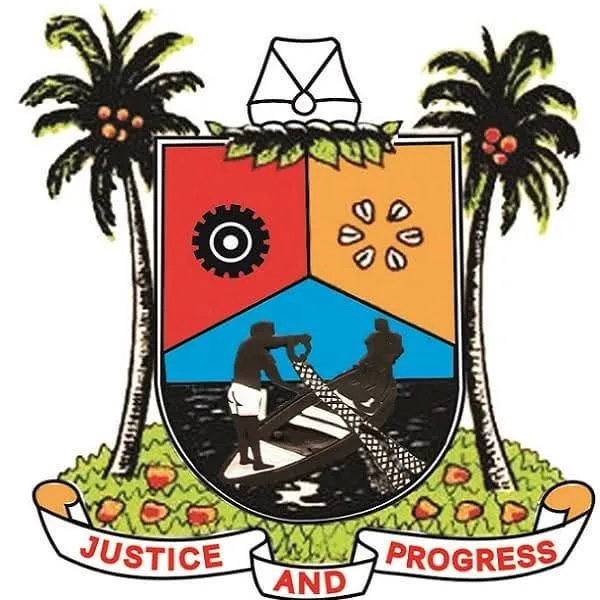The African Centre for Energy Governance and Accountability (ACEGA) has praised President Bola Ahmed Tinubu for what it described as groundbreaking and well-coordinated reforms in Nigeria’s oil and gas regulatory framework.
The group said the Tinubu administration’s support for the effective implementation of the Petroleum Industry Act (PIA) and its deliberate push to increase crude oil production are signs of genuine transformation in the energy sector.
In a statement signed by its Executive Director, Dr. Usman Bello Idris, the group said Tinubu’s approach to reform has restored investor confidence, revived production targets, and positioned Nigeria as a more responsible and efficient oil-producing nation.
“For years, Nigeria’s oil and gas sector groaned under inefficiency, uncertainty, and dwindling output. But what we are seeing today under President Tinubu’s leadership is a bold reset — one that respects the sanctity of the Petroleum Industry Act while pushing for real, measurable growth,” Dr. Idris said.
One of the most visible outcomes of the reforms, ACEGA said, is the steady increase in Nigeria’s crude oil production.
Since mid-2023, the country has seen a gradual climb in output levels, breaching 1.7 million barrels per day in recent months — a marked improvement from the lows of 2022 when output plunged below 1.2 million barrels due to theft, vandalism, and poor infrastructure.
Dr. Idris noted that this uptick did not happen by chance but was the result of deliberate interventions supported by Tinubu, including the relaunch of dormant assets, improved metering systems, and coordinated security efforts around critical pipelines.
“Nigeria’s crude oil production had been on life support, but through strategic regulatory leadership and presidential backing, the situation is reversing. Fields are coming back online, theft is being checked, and operators are regaining the confidence to produce,” he said.
ACEGA particularly hailed the president’s strong commitment to implementing the Petroleum Industry Act (PIA), signed into law in 2021.
The group noted that Tinubu’s government did not just inherit the legislation; it has gone further to empower the relevant agencies, notably the Nigerian Upstream Petroleum Regulatory Commission (NUPRC), to deliver on its promises.
“We must commend President Tinubu for not sidelining the PIA or paying lip service to its provisions. Instead, he has supported a robust implementation strategy that is already yielding results in licensing, fiscal discipline, community development, and investor clarity,” Dr. Idris stated.
The PIA, which took nearly two decades to become law, was designed to overhaul Nigeria’s oil and gas governance by introducing a transparent fiscal framework, separating regulatory responsibilities, and ensuring that host communities benefit from oil proceeds.
“From the Host Communities Development Trust to new fiscal incentives for marginal fields, and clearer guidelines for environmental compliance, the PIA under this administration is not just a document — it is a living, working tool of reform,” Idris added.
The group also applauded the leadership of Engr. Gbenga Komolafe at the NUPRC noting that his commitment to professionalism and transparency has contributed immensely to the success of the reforms.
It cited the commission’s efforts in reducing production costs, introducing real-time production monitoring, and facilitating a transparent bidding process for oil blocks as exemplary.
“The president has given NUPRC room to work, and they are proving that competent leadership can deliver results. NUPRC’s moves to enforce better metering, clamp down on theft, and promote decarbonisation reflect a forward-thinking agenda aligned with global standards,” ACEGA said.
While commending the gains so far, ACEGA urged the Tinubu administration not to rest on its laurels.
The group said there is a need for deeper investment in energy infrastructure, faster resolution of legacy disputes, and strategic planning for Nigeria’s energy transition in the face of global decarbonisation targets.
“The work is not done yet. Nigeria still faces challenges in refining capacity, gas monetisation, and energy access for its people. But what this administration has shown is that with political will, the sector can be revived. The future of oil and gas in Nigeria can be cleaner, more transparent, and more rewarding for all stakeholders,” Dr. Idris said.
ACEGA concluded by calling on stakeholders in the oil and gas industry — from international oil companies to local investors and host communities — to support the government’s reforms and work collectively to secure Nigeria’s energy future.





